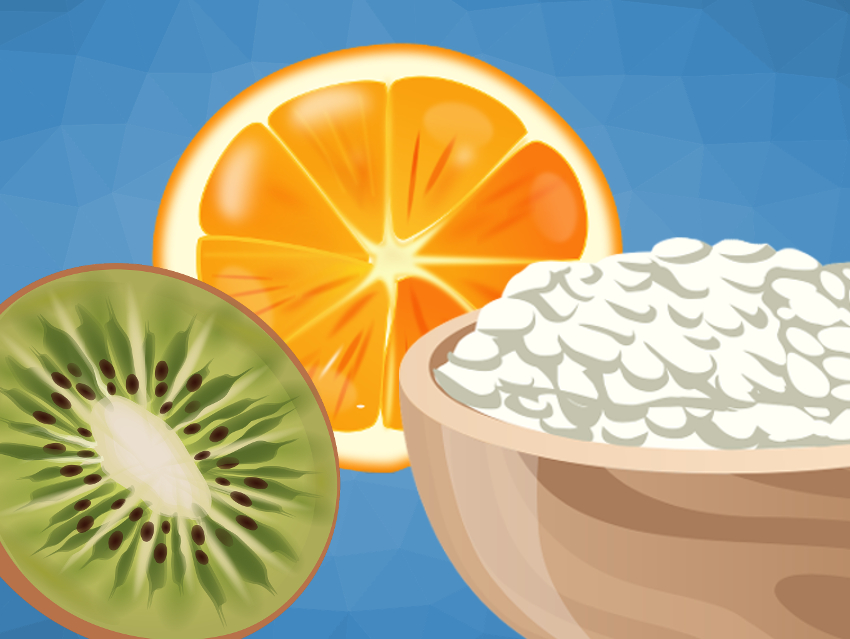Plants such as food crops can be infected by bacteria. Their yield and quality can suffer from these infections. Although some compounds have been developed to protect plants, only a few of them work on a wide variety of crops, and bacteria are developing resistances.
Currently, no effective prevention or treatment exists for some plant bacterial diseases, including rice leaf blight, kiwifruit canker, and citrus canker, which cause substantial losses in agriculture. New compounds that attack bacteria in different ways could help solve these issues. Plant compounds called tetrahydro-β-carboline (THC) alkaloids, for example, have antitumor, anti-inflammatory, antifungal, antioxidant, and antiviral activities. These alkaloids might be a useful starting point for the search for compounds that can protect plants from bacterial diseases.
Pei-Yi Wang, Guizhou University, Guiyang, China, Song Yang, Guizhou University, and East China University of Science and Technology, Shanghai, and colleagues have modified natural THC alkaloids to develop new compounds that kill the bacteria responsible for diseases in rice, kiwi, and citrus fruit. The team started from 1,2,3,4-tetrahydro-β-carboline. They first added a glycidyl group at the 2-position of this compound via an alkylation reaction and then used ring-opening reactions at this group to introduce a variety of nitrogen-containing substituents. This led to a shared 1,3-diaminopropan-2-ol pattern in the synthesized derivatives.
Among these alkaloid derivatives, the team found two promising antibacterial candidates for use against the targeted plant diseases. They tested the two compounds on plant twigs and leaves and found that the new alkaloids showed excellent activities against rice leaf blight, kiwifruit canker, and citrus canker. According to the researchers, the compounds work by increasing levels of reactive oxygen species (ROS) in the bacteria.
- Antibacterial Functions and Proposed Modes of Action of Novel 1,2,3,4-Tetrahydro-β-carboline Derivatives that Possess an Attractive 1,3-Diaminopropan-2-ol Pattern against Rice Bacterial Blight, Kiwifruit Bacterial Canker, and Citrus Bacterial Canker,
Hong-Wu Liu, Qing-Tian Ji, Gang-Gang Ren, Fang Wang, Fen Su, Pei-Yi Wang, Xiang Zhou, Zhi-Bing Wu, Zhong Li, Song Yang,
J. Agric. Food Chem. 2020.
https://doi.org/10.1021/acs.jafc.0c02528




